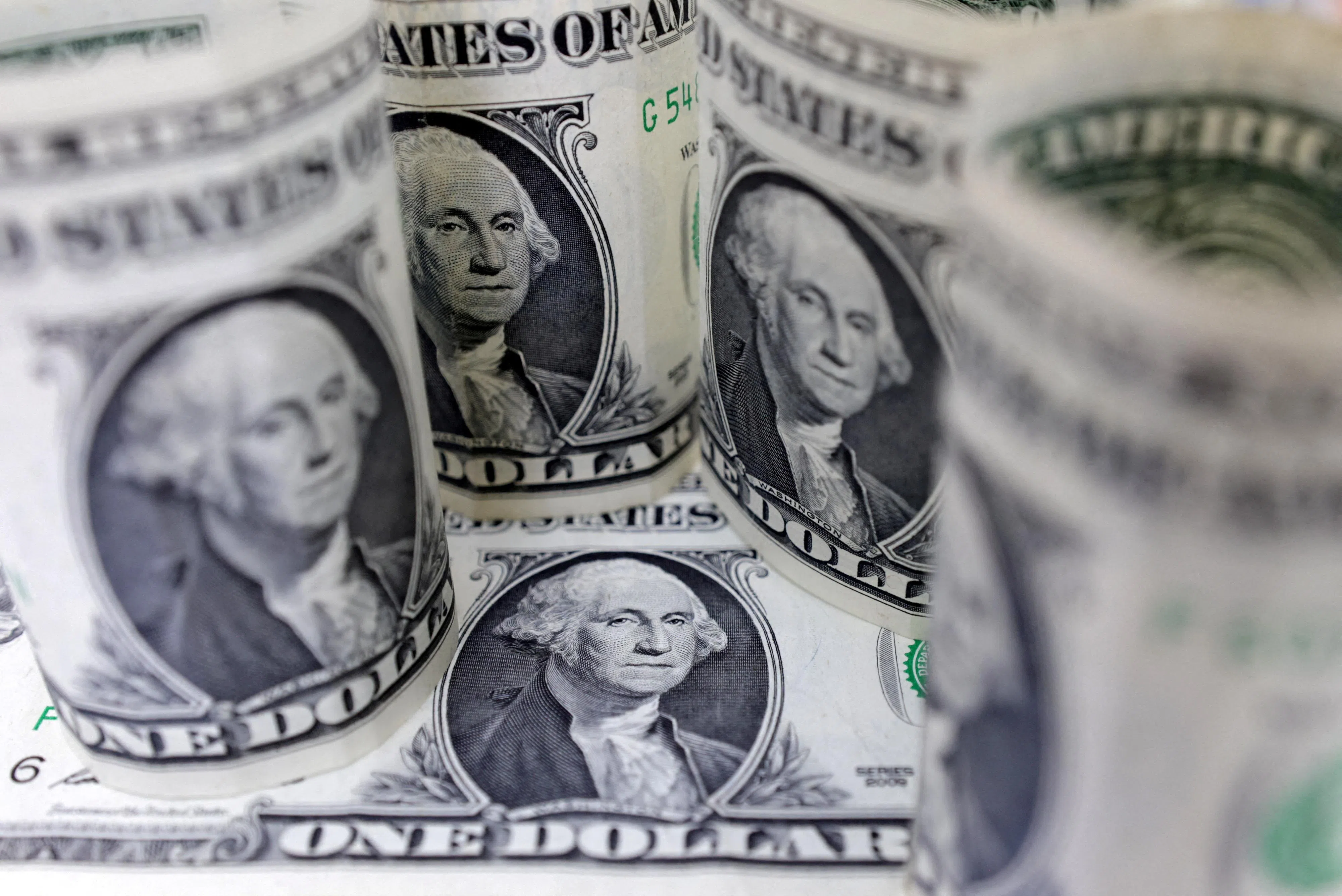THE French government is under pressure from the opposition and its allies to tax the rich to reduce the country’s yawning budget deficit.
President Emmanuel Macron’s government says it likes the idea, but only if it is done at the international level.
There have been a number of initiatives in recent years, but progress has been slow.
Tax rich multinationals: via the OECD
More than 140 countries agreed at the end of 2021 to impose a minimum tax on multinational companies under the auspices of the OECD, to combat efforts by firms to shift profits to countries with low rates.
Two years later, there has only been limited progress.
GET BT IN YOUR INBOX DAILY
Start and end each day with the latest news stories and analyses delivered straight to your inbox.
One pillar of the reform, a minimum global rate of 15 per cent, was implemented on January 1 by several countries, including the European Union. Others like the United States have yet to act.
With the United States mired in a presidential election year, little legislative progress is expected.
According to the OECD, this tax reform would bring in an additional US$200 billion in revenues per year.
Meanwhile nations have yet to reach agreement on the other pillar, aimed at a fairer distribution of tax revenues of multinationals, notably US tech giants.
As the process drags on scepticism has grown, with Italy’s Finance Minister Giancarlo Giorgetti recently expressing his “fear the attempt to move towards fair taxation of multinationals on a global level will founder in the impossibility of completing the work”.
Tax the super-rich: via the G20
Brazil, which chairs the G20 this year, called on the group of nations which account for 80 per cent of the world’s economy to adopt a shared stance on preventing tax-dodging by billionaires by July.
French Finance Minister Bruno Le Maire spoke publicly in support of a minimum tax on the wealthy.
There are no details yet on what such a tax would look like, with studies ongoing, and it is unclear how many G20 nations would support the measure.
“The fact that these people (billionaires) pay very little in tax has become more and more obvious over the years,” French economist Gabriel Zucman told AFP.
Zucman, a 37-year-old ex-protege of renowned economist and inequality expert Thomas Piketty, was invited to outline his research on tax evasion by the ultra-wealthy to G20 finance ministers in February.
Given that there are about 3,000 US-dollar billionaires globally, a two-per cent wealth tax would generate about US$250 billion in additional tax revenue worldwide, according to his calculations.
Plug tax loopholes: the UN
An even more ambitious project is to harmonise rules globally to plug the loopholes that allow the wealthy to evade paying taxes, with a proposal by Nigeria to create a UN tax convention winning support at the UN last November.
Supporters say the UN is a better forum to advance the reform.
It concerns nearly all nations globally, while the OECD “process is not inclusive, transparent and it is the club of rich nations deciding the new rules,” said French economist Lucas Chancel, a specialist on inequality.
But there are numerous challenges including huge differences in tax rates between nations, while the United States and the European Union are sceptical about the initiative.
“Will global corporations be opposed to it? Yes, of course. Rich individuals? Absolutely!” said Indian economist Jayati Ghosh.
“It’s really a question of will the largest interest of humanity and the planet be able to win over the interest of private profit,” she said. AFP



